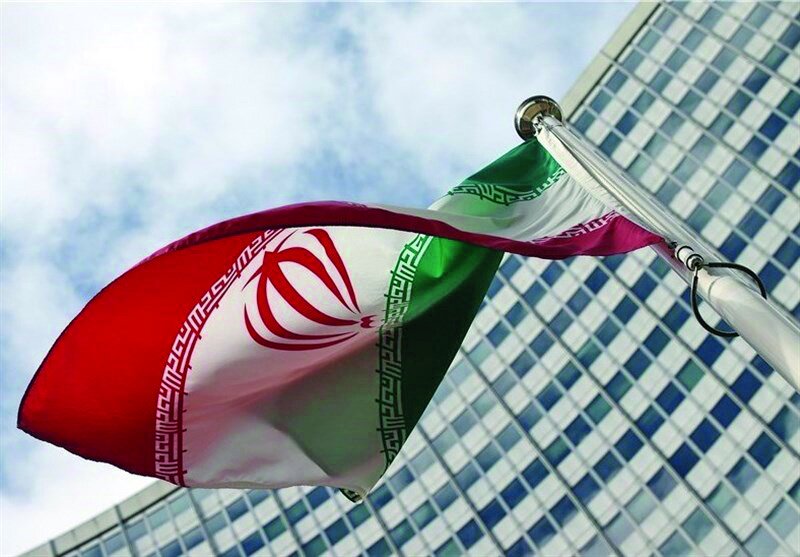U.S., E3 could regret pushing for resolution

TEHRAN – Diplomatic tensions between Iran and the West have taken a new turn that could endanger years of painstaking negotiations with one ill-advised move.
Over the last few days, the West issued a barrage of strongly-worded statements criticizing Iran for its nuclear work in what appeared to be a concerted effort aimed at pocketing new concessions from Iran.
The episode began with a slanted report by the International Atomic Energy Agency (IAEA) giving substance to longstanding Israeli allegations against Iran that it “lied” to the world about its past nuclear activities.
In 2018, Israel alleged that it stole half a ton of Iran’s nuclear archive allegedly kept inside a southern Tehran warehouse, something Iran vehemently denied. The documents had nothing to do with Iran’s nuclear work after 2003 but Israel used them to poison Iran-IAEA relations.
IAEA Director-General Rafael Grossi took the Israeli documents eagerly and demanded access to some sites in Iran. Despite the fact that Iran and the IAEA had closed the case of Tehran’s past nuclear work before, Iran showed a willingness to cooperate again with the UN nuclear watchdog out of a firm belief that such cooperation would help dispel misunderstandings with the IAEA. After four years of intensive cooperation, quite the opposite happened and misunderstandings abound. Even worse, the IAEA has turned into a political tool in the hands of Western countries to extract concessions they failed to get during eight rounds of talks in Vienna over reviving a 2015 nuclear deal, formally called the Joint Comprehensive Plan of Action (JCPOA), according to Iranian officials.
In the wake of the IAEA’s recent report on Iran, the United States and its European partners in the Vienna talks – namely France, Germany, and the UK (E3)- tabled a censure resolution against Iran at the IAEA’s 35-nation Board of Directors. The resolution was adopted by the board despite warnings from independent pundits that it could endanger the delicate talks in Vienna.
Iran also warned the resolution will have consequences and those who pushed for it will be responsible. Iran first turned off nearly 20% of IAEA surveillance cameras that operated beyond the Safeguards agreement between Tehran and the UN nuclear watchdog. Then it announced the start of installing more advanced centrifuges.
Iran said the shutdown of IAEA cameras is the first step and if the West continues its nonconstructive measures, it will take other retaliatory measures.
In response, the E3 and the U.S. issued new statements deploring Iranian measures even though Iran wasn’t the party to initiate the current tensions.
All this happened while the Vienna talks still hang in the balance with no prospect of resuming them anytime soon. As things stand, a chain of reactions has started with no end in sight.
Some pundits believe that the current state of play between Iran and the West is a result of the latter’s plan to ramp up diplomatic pressure on Tehran with the aim of forcing it into taking the draft deal negotiated over the course of the Vienna talks. Iran said the deal is not fair and stopped short of securing its economic interests. Iran said it will not bow to Western pressures. Therefore, it’s unlikely that ratcheting up diplomatic pressures through the IAEA would result in a positive result for the West.
Some analysts have noted if the West moves ahead with its diplomatic pressure, the chances of reviving the JCPOA will further diminish.
Leave a Comment